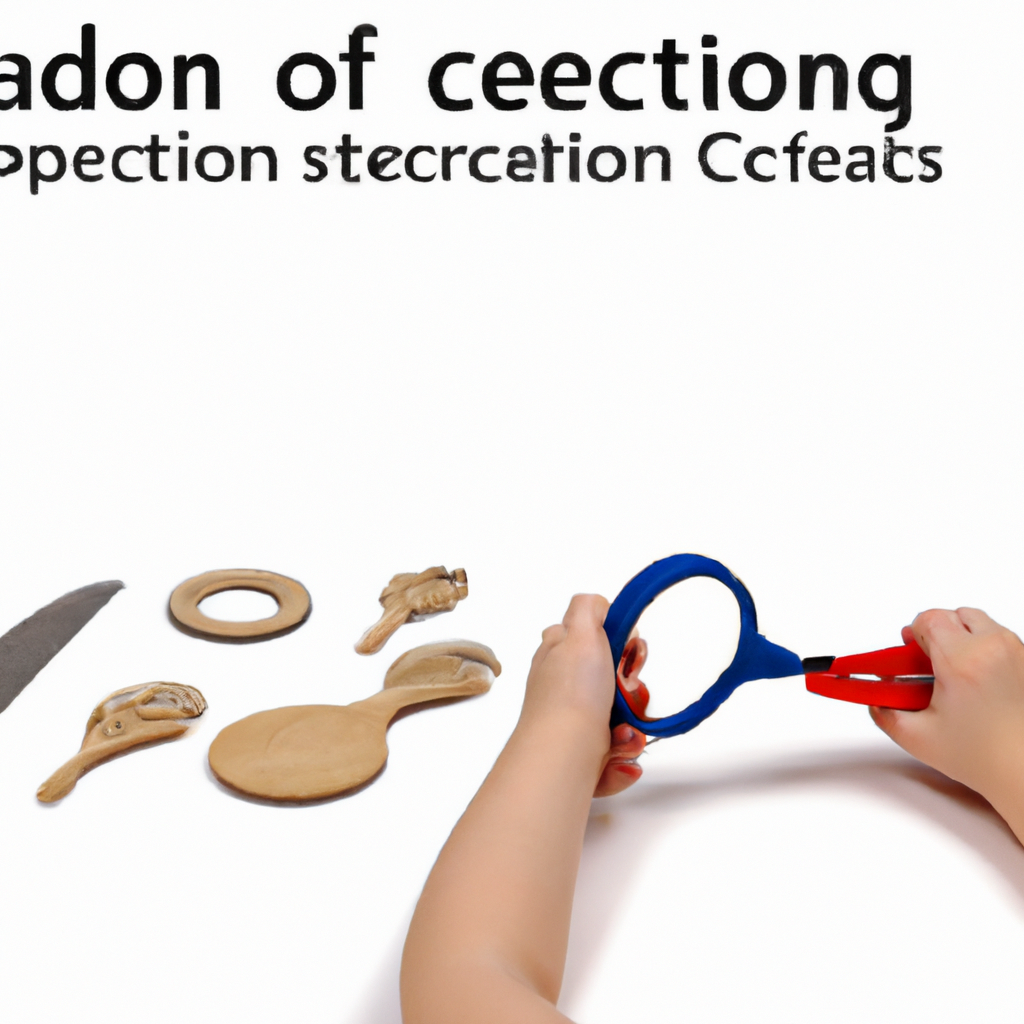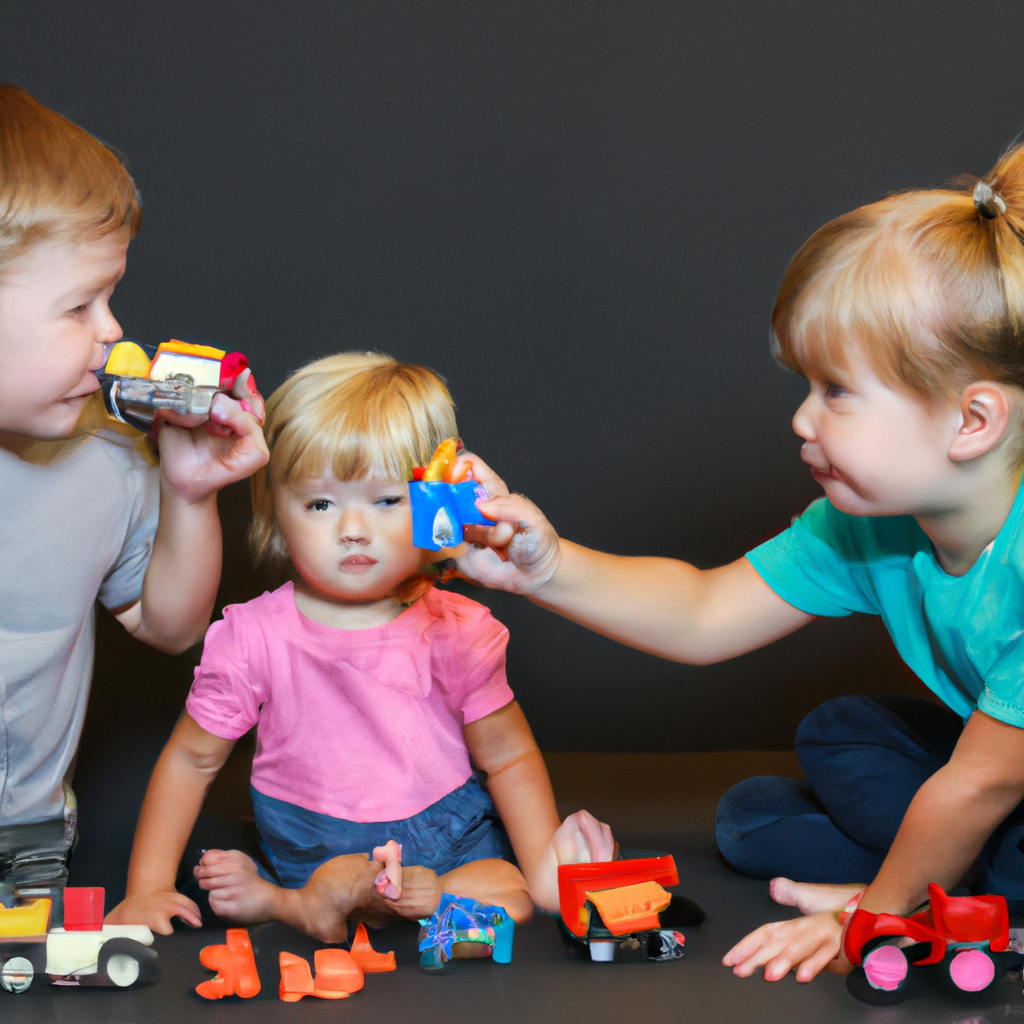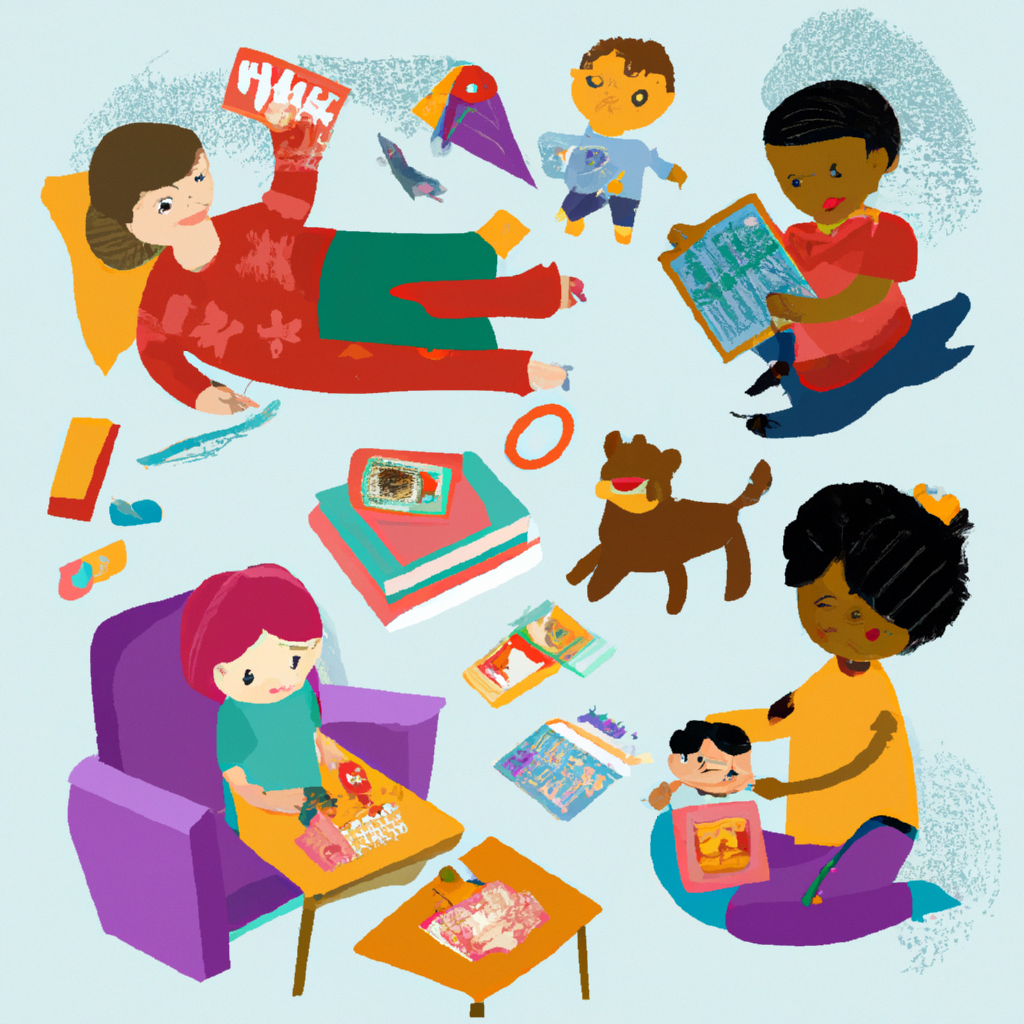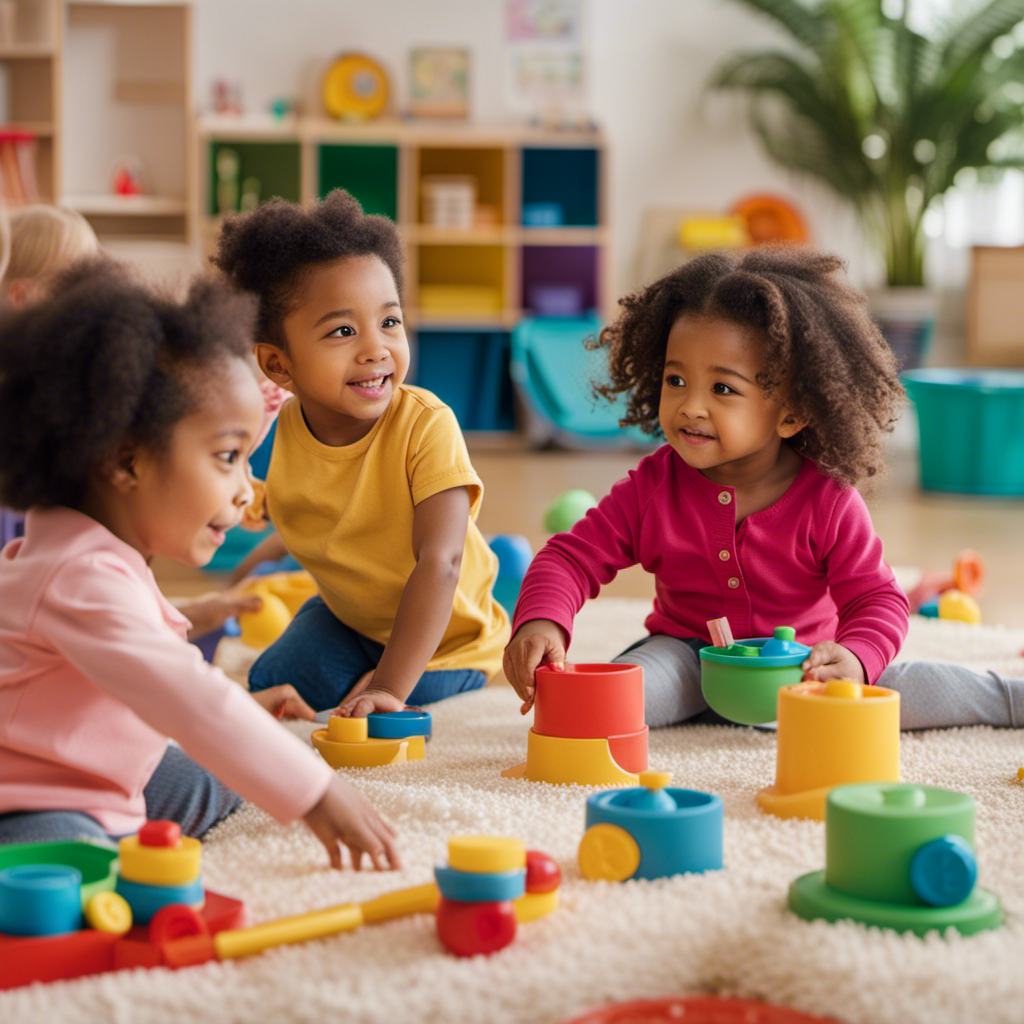As a child development expert, I have witnessed the fascinating development of seriation in many young individuals.
Seriation, the ability to arrange objects in a logical order, is a fundamental skill that lays the foundation for a child’s cognitive development.
From simple tasks like stacking blocks to more complex challenges like ordering numbers, seriation plays a crucial role in shaping a child’s problem-solving abilities.
In this article, we will explore the definition, importance, and strategies for promoting seriation in children, as well as its relationship to other developmental skills.
Key Takeaways
- Seriation is a fundamental cognitive skill that helps children understand order, sequence, and patterns.
- Seriation skills lay the foundation for mathematical thinking and logical reasoning.
- Seriation activities contribute to cognitive growth and problem-solving abilities.
- Seriation enhances logical reasoning skills and promotes mathematical thinking.
Definition of Seriation
Seriation is when you can arrange objects in a particular order based on a specific attribute. It is a fundamental cognitive skill that plays a crucial role in a child’s mathematical foundation. Through the process of seriation, children learn to understand the concept of order and sequence. They develop the ability to identify patterns, compare sizes and quantities, and make logical connections between objects.
During seriation, children learn how to organize objects according to a specific attribute, such as size, shape, or color. This skill helps them understand the concept of measurement and lays the groundwork for more complex mathematical concepts like fractions and decimals.
As children engage in seriation tasks, their cognitive abilities are stimulated and strengthened. They develop critical thinking skills, problem-solving abilities, and logical reasoning. Seriation also helps children improve their fine motor skills as they manipulate and arrange objects in a specific order.
The importance of seriation skills cannot be overstated. It serves as a foundation for various academic subjects, not just mathematics. As children develop their seriation skills, they gain a deeper understanding of order, sequence, and classification. These skills are essential for reading, writing, and organizing information across different subject areas.
Importance of Seriation Skills
When it comes to child development, seriation skills play a crucial role in cognitive development.
Not only do they provide a foundation for mathematical thinking, but they also have practical life applications.
As a knowledgeable and authoritative source, I will discuss the cognitive development benefits, the mathematical thinking foundation, and the practical life applications of seriation skills.
Cognitive Development Benefits
One of the benefits of cognitive development is that it allows children to think more critically and solve problems more effectively. As children’s cognitive abilities develop, they gain a deeper understanding of the world around them and can better analyze information. This leads to improved problem-solving skills, as they are able to identify and evaluate different options to find the best solution.
Cognitive development also enhances children’s ability to think abstractly and make connections between different concepts, further enhancing their problem-solving capabilities. These cognitive benefits are crucial for children’s overall development, as problem-solving skills are essential for success in various aspects of life.
Furthermore, cognitive development lays the foundation for mathematical thinking, which involves logical reasoning and problem-solving skills. By developing their cognitive abilities, children are better equipped to develop a strong mathematical thinking foundation.
Mathematical Thinking Foundation
By developing their cognitive abilities, I believe children are better equipped to lay the foundation for mathematical thinking, which involves logical reasoning and problem-solving skills.
When children engage in activities that require problem-solving, such as puzzles or games, they learn to think critically and creatively. This helps them develop their problem-solving abilities and logical reasoning skills, which are essential for understanding and applying mathematical concepts.
By honing these skills early on, children are more prepared to tackle more complex mathematical problems as they progress in their education.
In the subsequent section about practical life applications, we will explore how these foundational skills can be applied in real-world scenarios, fostering a deeper understanding and appreciation for the role of mathematics in everyday life.
Practical Life Applications
Engaging in practical life applications allows children to see the relevance of mathematical thinking in everyday situations and helps them develop a deeper understanding of how math can be used in real life. By providing real world examples, children can apply mathematical concepts to solve problems and make connections between abstract ideas and concrete situations.
For instance, when children sort objects by size or arrange them in a specific order, they are engaging in seriation, a fundamental aspect of problem solving. This process of organizing objects based on a specific attribute helps children develop logical thinking skills and understand the concept of sequencing.
As children progress in their seriation skills, they reach important developmental milestones that signify their cognitive growth and ability to solve complex problems. Transitioning to the subsequent section, we will explore these developmental milestones in seriation and how they contribute to a child’s overall cognitive development.
Developmental Milestones in Seriation
You can identify developmental milestones in seriation by observing how children arrange objects in a specific order based on size, quantity, or other attributes. Seriation is an important cognitive skill that allows children to understand and organize information in a logical sequence.
Here are some common challenges in seriation development and factors that influence the acquisition of seriation skills:
-
Common challenges in seriation development:
- Difficulty understanding the concept of order and sequence.
- Struggling to compare and differentiate objects based on specific attributes.
- Trouble arranging objects in a logical progression.
- Limited ability to mentally manipulate objects or information.
-
Factors influencing seriation skills acquisition:
- Cognitive development: Seriation skills develop as children’s cognitive abilities mature.
- Environmental factors: Opportunities for practicing seriation skills and exposure to objects of varying attributes.
- Instruction and guidance: Effective teaching strategies and support from caregivers or educators.
Developing seriation skills is crucial for children’s overall cognitive growth. By understanding the challenges and factors influencing seriation development, we can implement strategies to promote this skill in children.
Transitioning to the subsequent section about strategies for promoting seriation in children, let’s explore effective ways to foster their seriation abilities.
Strategies for Promoting Seriation in Children
Now that we understand the developmental milestones in seriation, let’s discuss some strategies for promoting seriation in children.
Seriation techniques in early education play a crucial role in developing a child’s ability to order objects or events in a logical sequence. These techniques can be incorporated into various activities, such as puzzles, sorting games, and sequencing tasks. By engaging children in these activities, they can enhance their seriation skills while having fun.
Parental involvement also plays a vital role in promoting seriation skills. As a parent, you can create opportunities for your child to practice seriation at home. For example, you can encourage them to help you sort objects by size or color while doing household chores. Additionally, you can play games that involve ordering objects or events, such as arranging story cards in a logical sequence.
By incorporating seriation techniques in early education and involving parents in promoting seriation skills, children can develop a strong foundation in this cognitive skill. This foundation sets the stage for further cognitive development in various domains.
Now, let’s delve into the role of seriation in cognitive development and explore its impact on children’s thinking and problem-solving abilities.
The Role of Seriation in Cognitive Development
Sorting objects or events in a logical sequence, as a part of seriation, plays a significant role in the cognitive development of children. From a theoretical perspective, seriation refers to the ability to arrange items in a specific order based on a given criterion. This skill is closely linked to problem solving, as it requires children to think critically, analyze patterns, and make logical connections.
Seriation enhances cognitive development by promoting the ability to categorize and organize information. When children engage in seriation tasks, they are challenged to identify similarities and differences among objects or events, and to arrange them in a specific order. This process stimulates their thinking skills and helps them develop a greater understanding of relational concepts such as size, shape, and quantity.
Furthermore, seriation is not limited to the mere arrangement of objects. It also contributes to the development of other important skills such as spatial awareness, logical reasoning, and mathematical thinking. By engaging in seriation activities, children learn to think sequentially, make predictions, and draw conclusions based on their observations.
Seriation and Its Relationship to Other Developmental Skills
When engaging in seriation activities, you’ll notice how it enhances other important skills such as spatial awareness, logical reasoning, and mathematical thinking. Seriation, the ability to arrange objects in a logical order based on a specific attribute, is not only a valuable skill in itself but also acts as a building block for other cognitive abilities. By organizing objects according to size, shape, or color, children develop problem-solving skills as they determine the correct sequence. Additionally, seriation tasks require spatial awareness, as children must visually compare and differentiate the objects. This spatial awareness is crucial for tasks such as reading maps or understanding geometric concepts.
To further illustrate the relationship between seriation and other developmental skills, let’s take a look at the following table:
| Seriation Skills | Problem Solving | Spatial Awareness | Logical Reasoning | Mathematical Thinking |
|---|---|---|---|---|
| Organizing objects in a logical order | Finding solutions to complex problems | Understanding spatial relationships | Identifying patterns and sequences | Applying numerical concepts |
As you can see, seriation skills directly contribute to problem-solving, spatial awareness, logical reasoning, and mathematical thinking. By engaging in seriation activities, children not only develop their ability to arrange objects but also strengthen these fundamental cognitive skills that will benefit them in various aspects of their lives.
Frequently Asked Questions
How Does Seriation Impact a Child’s Social Development?
Seriation, the ability to arrange objects in a logical order, plays a significant role in a child’s social development. By mastering seriation, children learn how to categorize and organize information, which enhances their problem-solving skills.
This cognitive development has a positive impact on their social interactions. They can better understand and navigate social situations, analyze different perspectives, and make logical decisions.
Overall, seriation fosters critical thinking and helps children develop important social skills necessary for successful relationships and interactions with others.
Are There Any Specific Toys or Activities That Can Help Promote Seriation Skills in Children?
Toys and activities play a crucial role in promoting seriation skills in children. Through engaging with educational games, such as puzzles or building blocks, children develop cognitive abilities and problem-solving skills.
These activities also support the achievement of developmental milestones, fostering spatial reasoning and logical thinking. By manipulating objects and arranging them in a specific order, children learn about the concept of seriation, which is important for their overall cognitive development.
Is There a Specific Age Range When Children Typically Start Developing Seriation Skills?
There is a specific age range when children typically start developing seriation skills.
During early childhood, around the ages of 4 to 6 years old, children begin to understand the concept of putting objects in a specific order based on size, length, or quantity.
This developmental milestone is an important step in their cognitive growth and ability to organize information.
As they continue to practice and refine their seriation skills, children become more proficient in sorting and arranging objects in a logical sequence.
Can Seriation Skills Be Improved or Developed Further in Older Children or Adults?
Improving seriation skills is absolutely possible, even in older children and adults.
Seriation skills refer to the ability to arrange objects in a specific order, such as by size or quantity.
With practice and guidance, individuals of any age can further develop their seriation skills.
By engaging in activities that require ordering and sequencing, such as puzzles or sorting games, individuals can enhance their ability to organize and categorize objects.
Are There Any Potential Challenges or Difficulties That Children May Face When Developing Seriation Skills?
Developing seriation skills can present challenges and difficulties for children. They may struggle with understanding the concept of ordering objects based on a specific attribute or dimension. Additionally, they may find it challenging to compare and contrast objects to determine their relative positions in a series.
It is important for parents and educators to provide guidance and support to help children overcome these difficulties and develop their seriation skills. With practice and patience, children can improve their ability to sequence and order objects effectively.
Conclusion
As I reflect on the concept of seriation in child development, I am amazed by the power it holds in shaping a child’s cognitive skills. The ability to arrange objects in a logical order not only enhances their problem-solving abilities but also lays the foundation for future mathematical and analytical thinking.
It is fascinating to witness how seriation intertwines with other developmental skills, forming a web of interconnected growth. The journey of seriation is like watching a puzzle come together, each piece fitting perfectly into place, revealing the true potential of a child’s mind.









